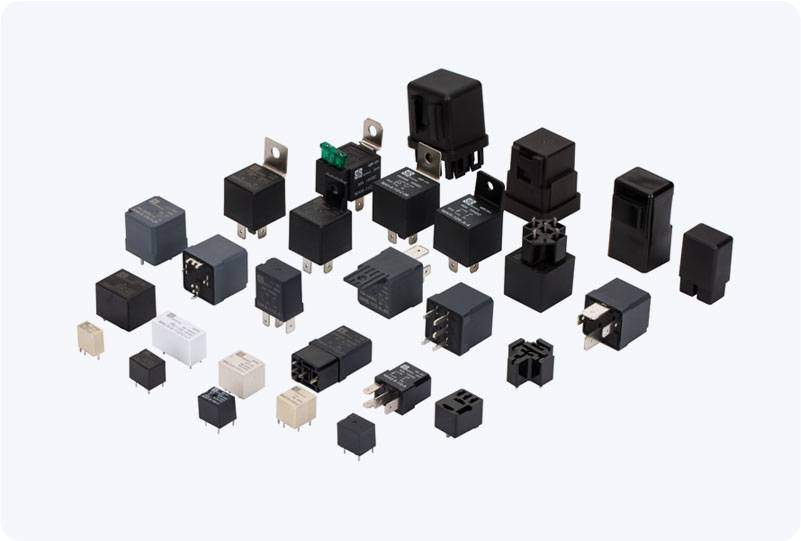understanding iec 61811 ev relay: ensuring reliability and safety for electric vehicles
Release time:2025-10-24 07:00:32
The increasing demand for electric vehicles (EVs) has prompted significant advancements in automotive technology, particularly in areas like charging systems and electrical components. One critical component in these systems is the IEC 61811 EV Relay, a type of relay specifically designed to handle the unique requirements of electric vehicles. In this article, we will explore the role of the IEC 61811 EV Relay, its design features, and the safety and performance standards that make it a crucial element in modern EV technology.

What is IEC 61811 EV Relay? IEC 61811 is an international standard developed by the International Electrotechnical Commission (IEC) that outlines the performance and safety requirements for electrical relays. The standard covers a broad range of relay types, but when applied to electric vehicles, it specifically addresses the design, functionality, and safety of relays used in EV charging systems and power management circuits. An EV relay, as defined by IEC 61811, is a switch used in the high-voltage and low-voltage electrical systems of electric vehicles. It helps control the flow of electricity between the charging station, battery management systems (BMS), and other essential components. Relays ensure that these components operate in a safe and efficient manner, particularly when handling the high currents and voltages typically associated with EV charging.

